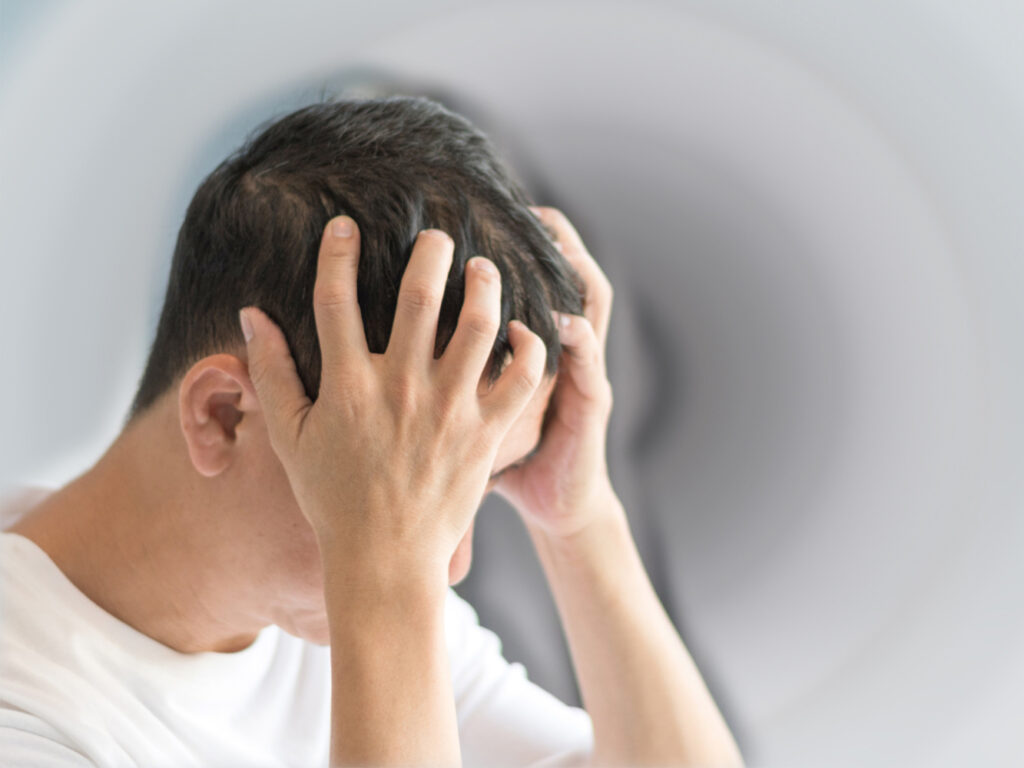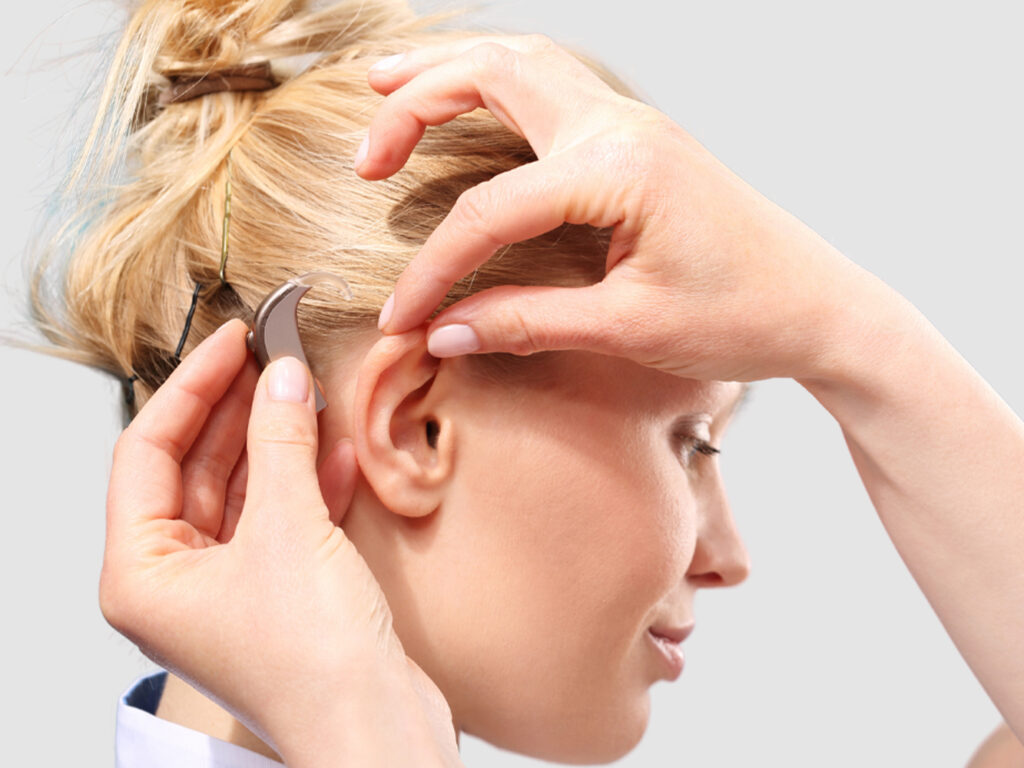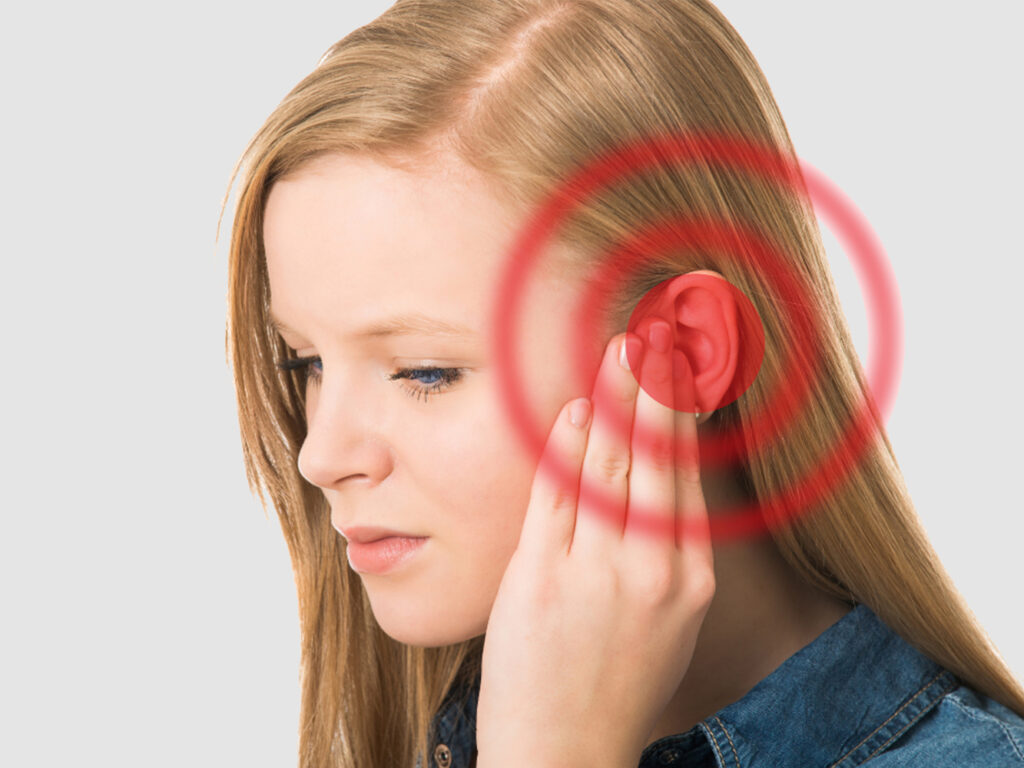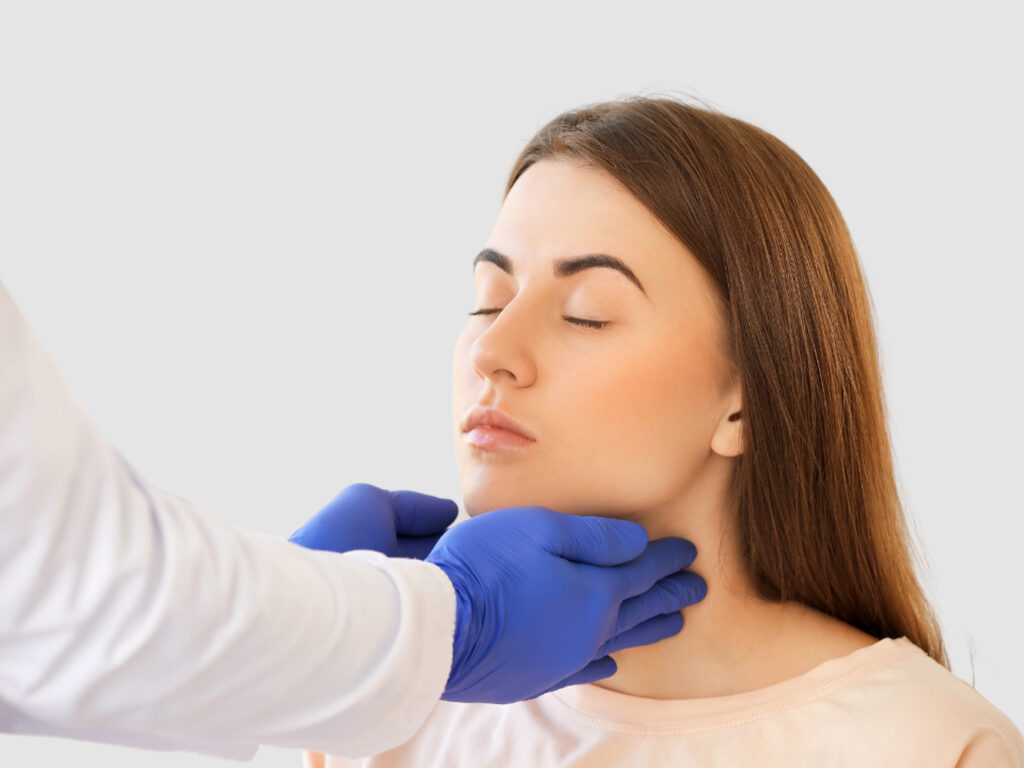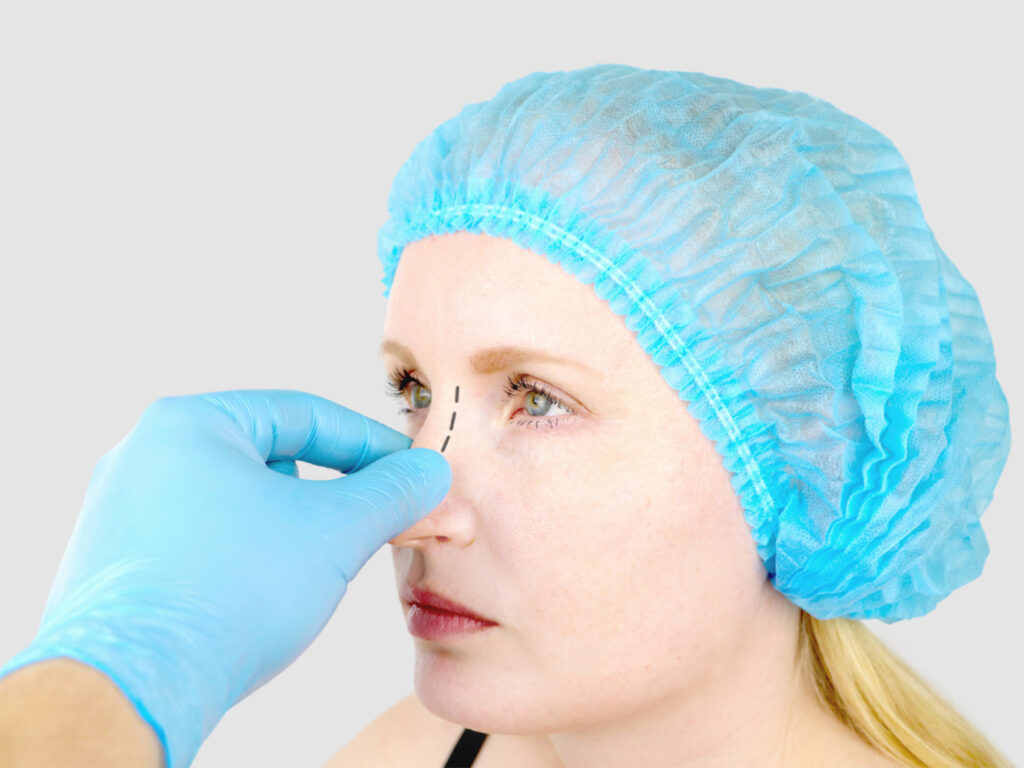Allergy diagnosis & treatment
Allergies affect nearly 15 percent of Jordanians. Allergy symptoms are caused by sensitivity to “allergens” and include runny nose, nasal obstruction, itchy eyes and throat, sneezing, post-nasal drip, recurrent “colds” or sinus infections.
Seasonal allergies result from grass, tree pollen, or moulds. Cat and dog dander allergies are also common. Food allergies include nut or milk products.
What causes these reactions?
Take steps to recognize and avoid your allergy triggers and find out how to prevent a serious reaction.
Identification of the allergy, and subsequent treatment for allergic rhinitis, is important in the short- and long-term management of your symptoms
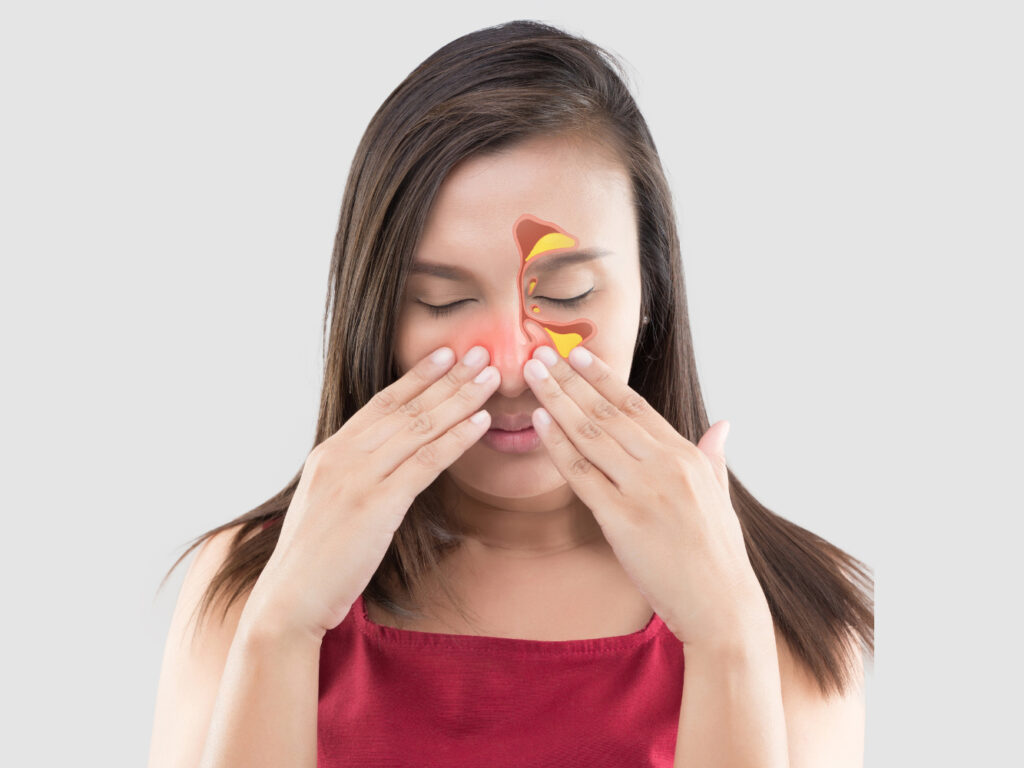
Comprehensive allergy testing.
Environmental control counselling.
Medical therapy: oral antihistamines, nasal steroid sprays, antihistamine nasal sprays.
Allergy shots.

